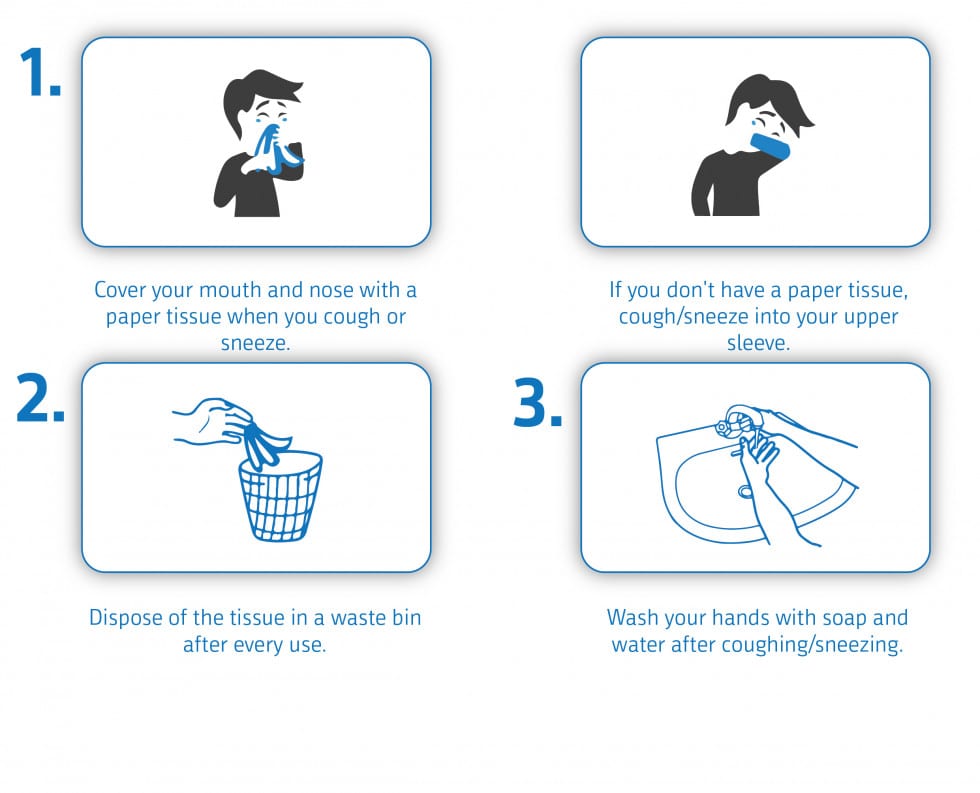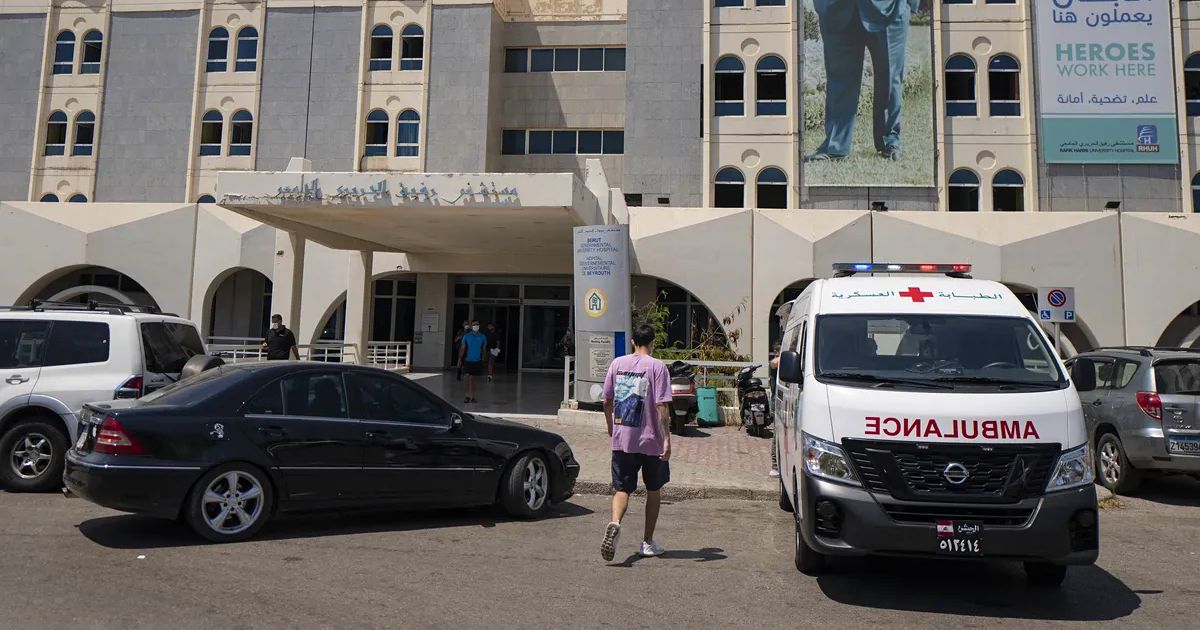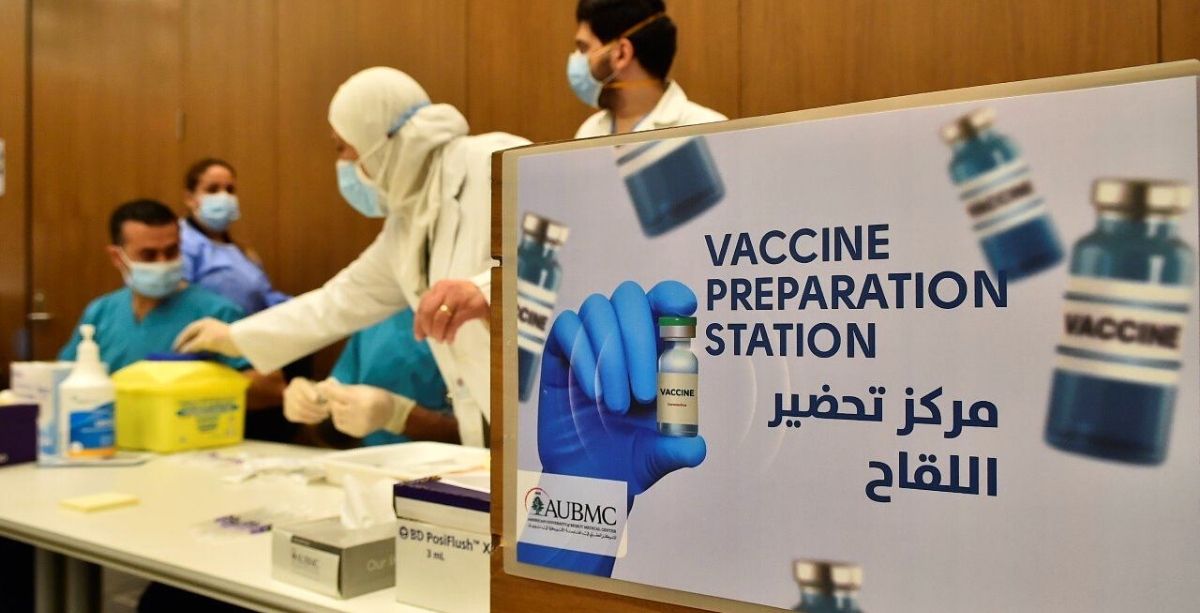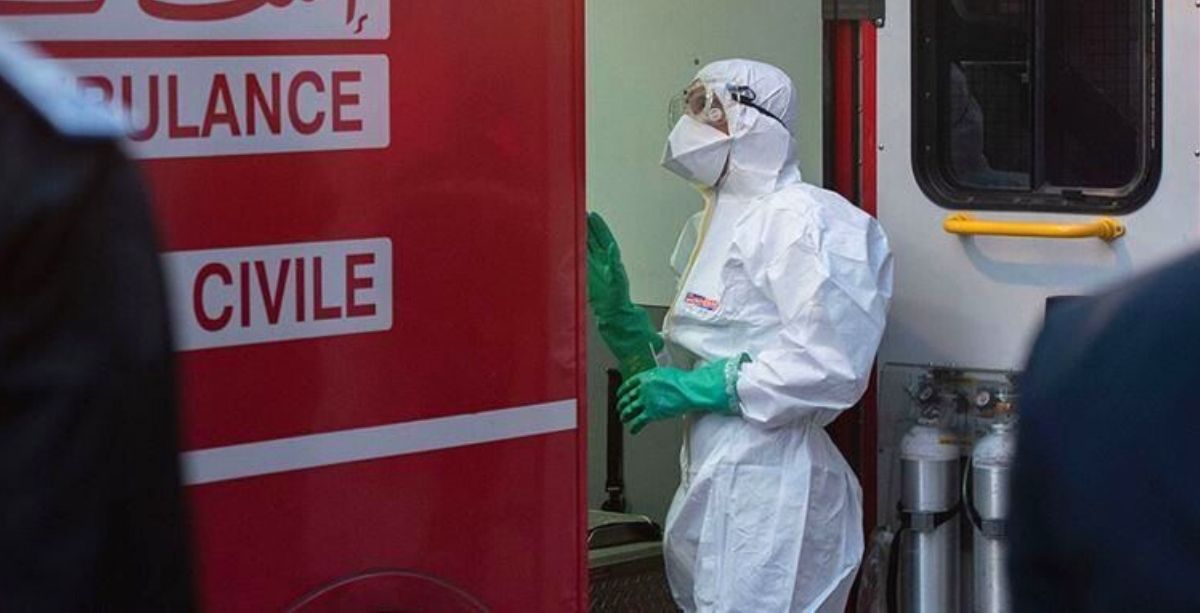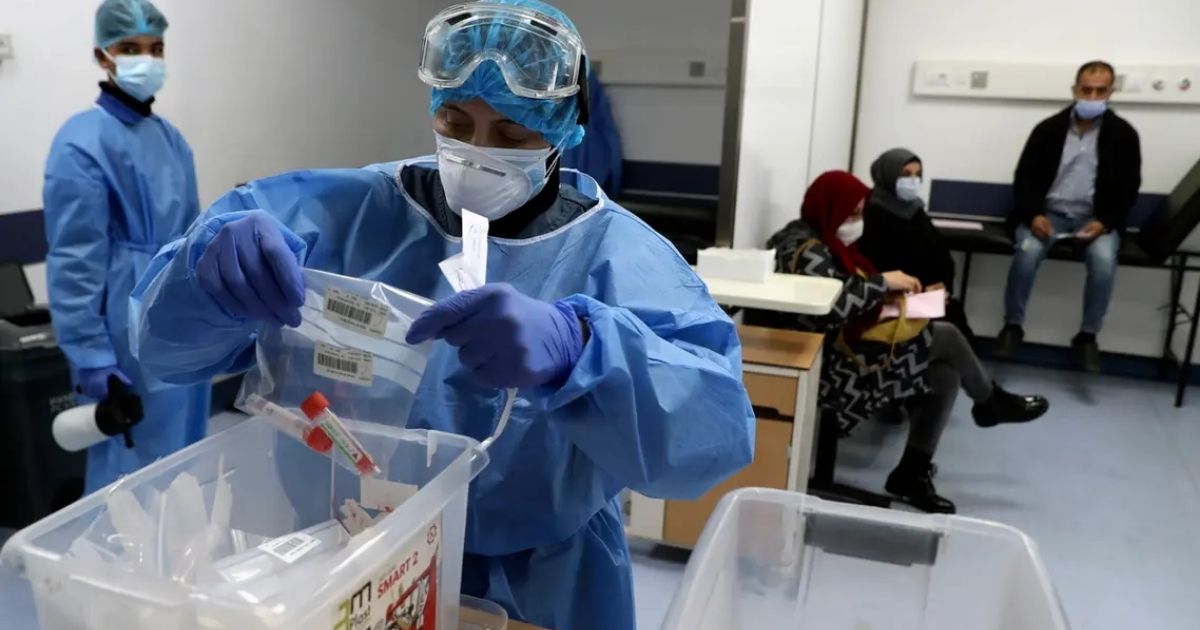Protect yourself and the community from getting and spreading Coronavirus (COVID-19). Everyone has a role to play in preventing it and staying healthy.
Coronavirus spreads through respiratory droplets produced when an infected person coughs or sneezes. These droplets can land in the mouths or noses of people who are nearby or possibly be inhaled into the lungs.
It’s most contagious when a sick person has symptoms but it may spread before someone has symptoms.
Coronavirus (COVID-19) Prevention Guidelines
Take care of your health and the health of others by adopting these vital preventive routines:
Wash your hands frequently
When you come in contact with the coronavirus, it can survive on your hands for a long time.
Therefore, it is of utmost importance to wash the hands regularly and thoroughly with water and soap for at least 20 seconds to kill any viruses that may be on them.
Make sure to wash all parts of your hands evenly with enough soap, and use a paper towel to close faucet handles.
When you have no access to soap and water, you may also use an alcohol-based rub that has at least 60% alcohol to disinfect the hands.
Avoid touching the eyes, nose, and mouth
Since there’s always a risk that your hands may have been contaminated with the coronavirus, it’s important to refrain from having them touch your face.
The eyes, nose, and mouth represent primary orifices (holes) through which the virus can enter and infect the body when introduced by the hands.
Maintain social distancing
WHO recommends that you maintain a minimum distance of 1 meter from any individuals who are coughing and/or sneezing.
Fluid droplets expelled in such manners can remain suspended in the air for 10 minutes on average.
And these droplets may contain the COVID-19 virus if the person is infected. So it’s better to avoid being present around people showing these symptoms whenever possible.
Furthermore, avoid all forms of close contact with people and use alternative forms of greetings instead of handshakes, hugs, and kisses.
Waves and nods are good greeting gestures that don’t involve a risk of viral transmission the way close contact does.
Cover coughs and sneezes properly
Following good respiratory hygiene is essential to limiting the spread of the coronavirus, as well as other viruses.
When sneezing/coughing, cover your face with a tissue or the crook of your elbow to prevent expelled particles from spreading through the air.
Immediately dispose of the tissue after using it and remember to wash your hands frequently.
Stay home when you’re sick
It’s best to stay home when you’re sick unless you’re going to get medical care. Avoid interacting with elders or vulnerable people to prevent getting them sick. Postpone those lunches with grandma.
Clean frequently touched surfaces and objects daily
Because the COVID-19 virus can survive on surfaces for some time, people who touch these surfaces may be prone to contracting or transmitting it.
Thus, objects such as phones, keyboards, and notebooks – to name a few -and surfaces like tables and desks must be wiped with disinfectant regularly.
This applies everywhere, especially in workplaces where staff members, as well as customers, routinely come in contact with numerous surfaces.
Speak to your doctor on the phone before going in person
This reduces the pressure on the healthcare system and makes sure appropriate steps are taken in case you do have coronavirus from spreading it to others while in the waiting room.
Don’t spread false information
Spreading false information about the virus can have very damaging effects on society and does contribute to the spread of the virus as well as potentially causing a panic. This puts a strain on the already limited response resources.
Stay updated
The Lebanese Red Cross is posting daily updates in regards to coronavirus. As well as the Ministry of Health. You can find the latest news and updates on our dedicated page.

